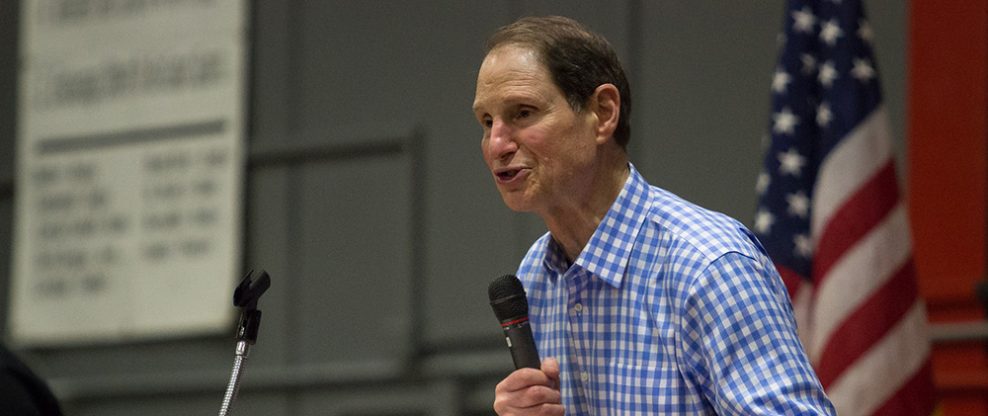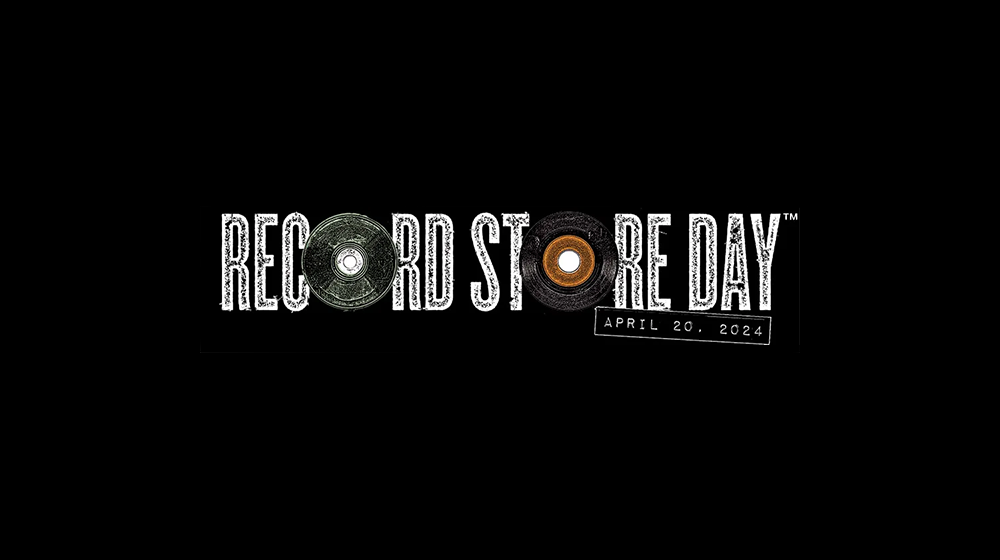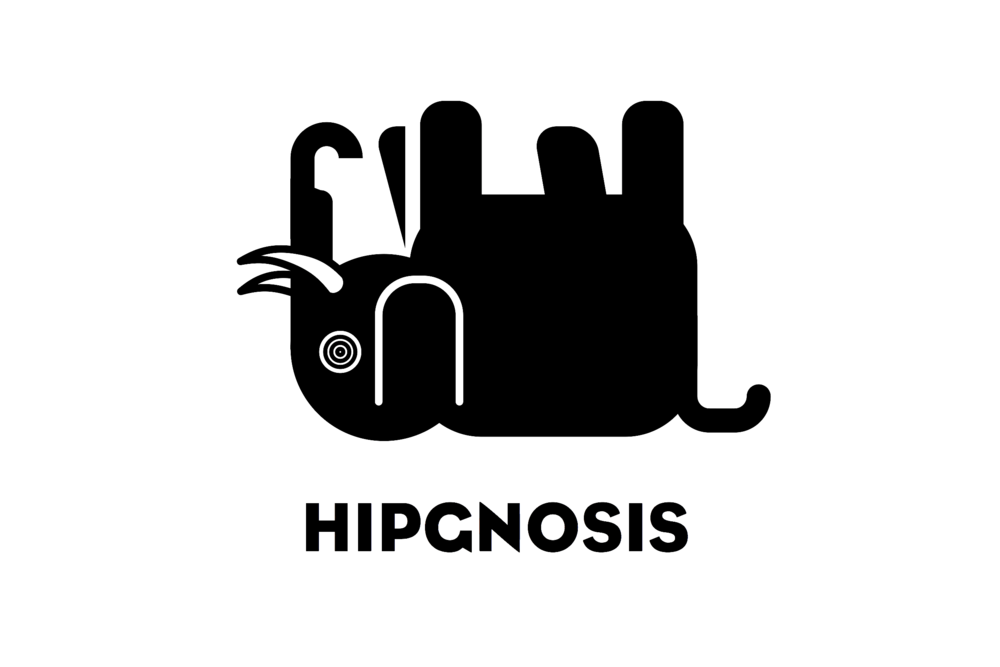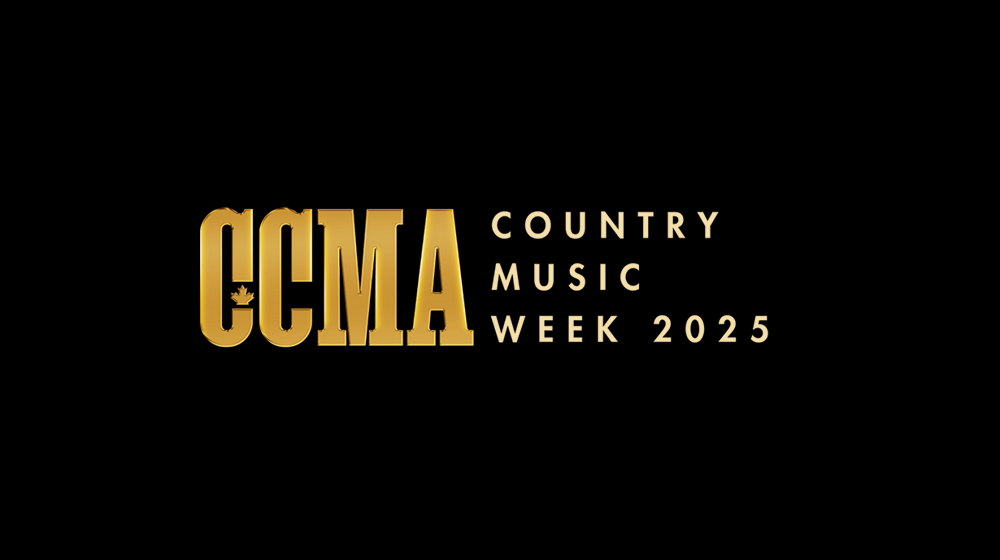(Hypebot) — By John McCrea, the lead singer of CAKE and Content Creators Coalition Executive Board Member. This first appeared in The Oregonian.
Senator Ron Wyden has always prided himself on supporting technology companies and pro-tech policies in Washington.
At times his commitment to a strong and free internet has been a boon to civil liberties, as he led the fight in Congress for online privacy, cybersecurity protections and limitations on government surveillance and overreach.
But it has also come with a pretty calamitous blind spot. He has failed to see how the big tech companies he has often championed, such as Google, Amazon and Facebook, have posed serious risks to the value of internet freedom and the openness he generally cares so deeply about. Too often, his positions seem to reflexively serve the interests of big tech, rather than consumers or the internet itself.
Wyden has even argued that tech giants should be allowed to regulate themselves: “instead of having government censor the web, we developed an approach that would empower users and technology to address content concerns on their own.” With that, he abandoned his traditional support for smart, fair government oversight of corporate power and ignored clear evidence that Silicon Valley simply couldn’t be trusted with such power over our lives.
“I’ve felt first-hand how the big internet companies abuse outdated laws to decimate the music economy.”
As a founding member of the band Cake and a leader of the Content Creators Coalition, I’ve felt first-hand how the big internet companies abuse outdated laws to decimate the music economy. I’m horrified by those companies tolerance of abuse and harassment, their voraciousness towards upstart competitors, their complicity in attacks on our democracy and their laissez-faire attitude toward human rights abuses around the world.
While I have long assumed that Sen. Wyden was unwilling to see or address these concerns, his recent comments suggest he may be revisiting these issues and adopting more nuanced views that reflect his constituents’ rising concern about big tech.
“I’ve written laws to keep the old rules off your back. And I did it under the principle that technology companies would act responsibly,” he told employees of companies like Google and Facebook at a conference. But then he shocked the room by adding, “I’m concerned your employers are proving me wrong.”
That apparent change of heart is stunning, welcome and appears to be heartfelt. Wyden laments the proliferation of fake news and has even questioned big tech’s misuse of Section 230 of the Communications Decency Act, a legal immunity for tech companies that he authored, saying they must use the law as a “tool, not an excuse.”
I’m grateful when elected leaders aren’t afraid to change their minds. It’s no flip-flop to revisit old assumptions when faced with new information. And I hope this new perspective leads Wyden to take a new look at several issues.
Most important for musicians and our listeners, we need a more serious reckoning with the harm that the tech companies’ willful blindness to online piracy has done.
The exploitation of the Digital Millennium Copyright Act’s legal immunities (similar to Section 230) by platforms like Google’s YouTube has artificially depressed the value of music, siphoning billions into big tech monopolies’ wallets. This has decimated music’s middle class. The number of full-time songwriters in Nashville, known as “Music City,” has fallen 80 percent since 2000. Over time, it’s a death sentence for working musicians and hurts the diversity of our craft. If information “wants” to be free, then perhaps food and housing want to be free as well?
We are your constituents staring down this buzz saw. Today, the Oregon music scene is vibrant and legendary, with acts like The Decemberists, Spoon, Laura Veirs, Modest Mouse and the Shins and local labels like Kill Rock Stars. But without reforms to the Digital Millennium Copyright Act to sustain a long-term healthy streaming business, this precious Oregon resource will wither. Across the country, more than 5.5 million Americans are employed by the core copyright industries, all potentially at risk.
I hope Sen. Wyden will revisit his overall deregulatory stance for these irresponsible big tech platforms. He has always understood that the market cannot protect consumers from all corporate harms and demanded strong regulation when needed to protect the environment, improve health care or police Wall Street.
If the events of the last year have taught anything, it’s that these companies are even less likely to act in the public interest than health insurance companies, polluters or banks. The lure of ad dollars and the power of “fake news” viral clicks is just too great, regardless of the harm to our citizens and democracy.
Wyden appears to hope the tech companies will do the right thing, urging them not to “wait for bad press coverage to get moving and act.” But these rising monopolies need to be regulated, not cajoled.
There’s an opportunity to stand up for millions of U.S. jobs, to supercharge global creativity, and to defend American freedom and democracy. But that means standing up to Silicon Valley.
We can’t afford leaders who turn a blind eye to big-tech or assume they will act responsibly. It’s time to hold America’s internet giants accountable.
— John McCrea the lead singer Cake and a vice president of the Content Creators Coalition, an artist-run advocacy organization.


























































